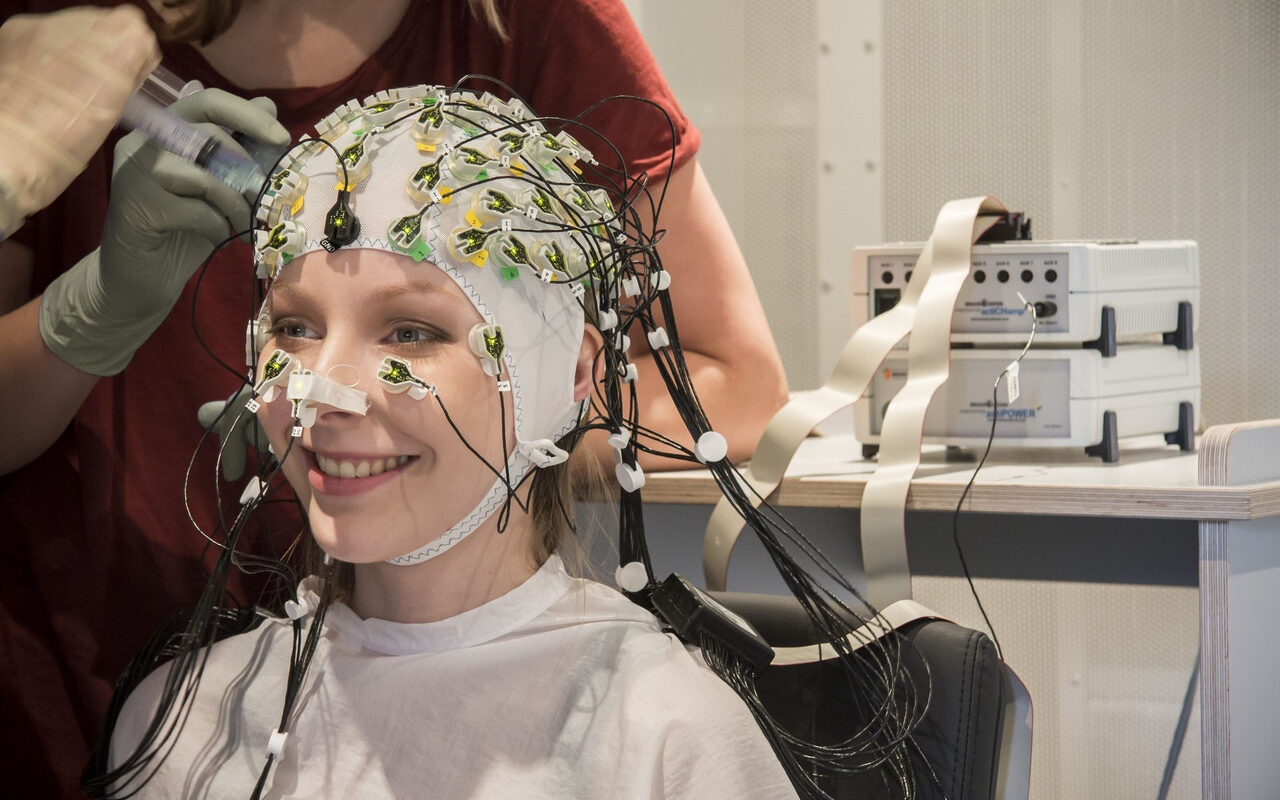The ability to concentrate in a busy and distracting environment is a skill that many of us struggle with. However, a new study conducted by researchers at Brown University’s Carney Institute for Brain Science sheds light on the intricate brain mechanisms that enable individuals to maintain focus amid various distractions. The research, recently published in Nature Human Behaviour, delves into how the brain coordinates the functions of focusing on relevant information and filtering out distractions.
Lead author Harrison Ritz, a neuroscientist, compared this coordination process to orchestrating multiple muscles to perform complex physical tasks. Just as diverse muscle groups come together to wield chopsticks, the study revealed that the brain can harmonize different forms of attention to tackle mental challenges effectively. The findings not only offer insights into how individuals harness their attention but also shed light on the reasons behind attentional lapses, according to co-author Amitai Shenhav, an associate professor at Brown University.
The study involved participants engaging in cognitive tasks while their brain activity was monitored using fMRI technology. One task required participants to differentiate between the movement and colors of swirling dots, with varying levels of difficulty. The researchers analyzed the brain activity of the participants during these tasks and identified specific regions responsible for adjusting focusing and filtering mechanisms based on task demands.
Ritz explained the collaboration between the anterior cingulate cortex and the intraparietal sulcus in regulating attention during tasks. The anterior cingulate cortex, which tracks task-related challenges, signals the intraparietal sulcus to adjust the focusing and filtering mechanisms accordingly. By fine-tuning these mechanisms, the brain optimizes sensitivity to relevant cues and minimizes distractions, enabling individuals to make accurate decisions.
The study challenges the notion that attention deficits result from limited mental capacity or intelligence. Ritz emphasized that the complexity of the brain and the intricacies of coordination play a crucial role in maintaining focus. The findings pave the way for a better understanding of cognitive flexibility, attention-related disorders such as ADHD, and potential strategies for enhancing attentional control.
Ongoing research based on these findings includes collaborations with physician-scientists to explore focus-enhancement strategies in patients with depression. Additionally, studies in Shenhav’s lab are investigating how motivation influences attention, with a focus on the impact of monetary incentives on attentional strategies.
In essence, the study unravels the complexities of attention regulation, emphasizing the dynamic interplay between different brain regions in facilitating focused and efficient cognition. The insights gleaned from this research pave the way for innovations in cognitive neuroscience and potential interventions to enhance attentional abilities.
*Note:
1. Source: Coherent Market Insights, Public sources, Desk research
2. We have leveraged AI tools to mine information and compile it



